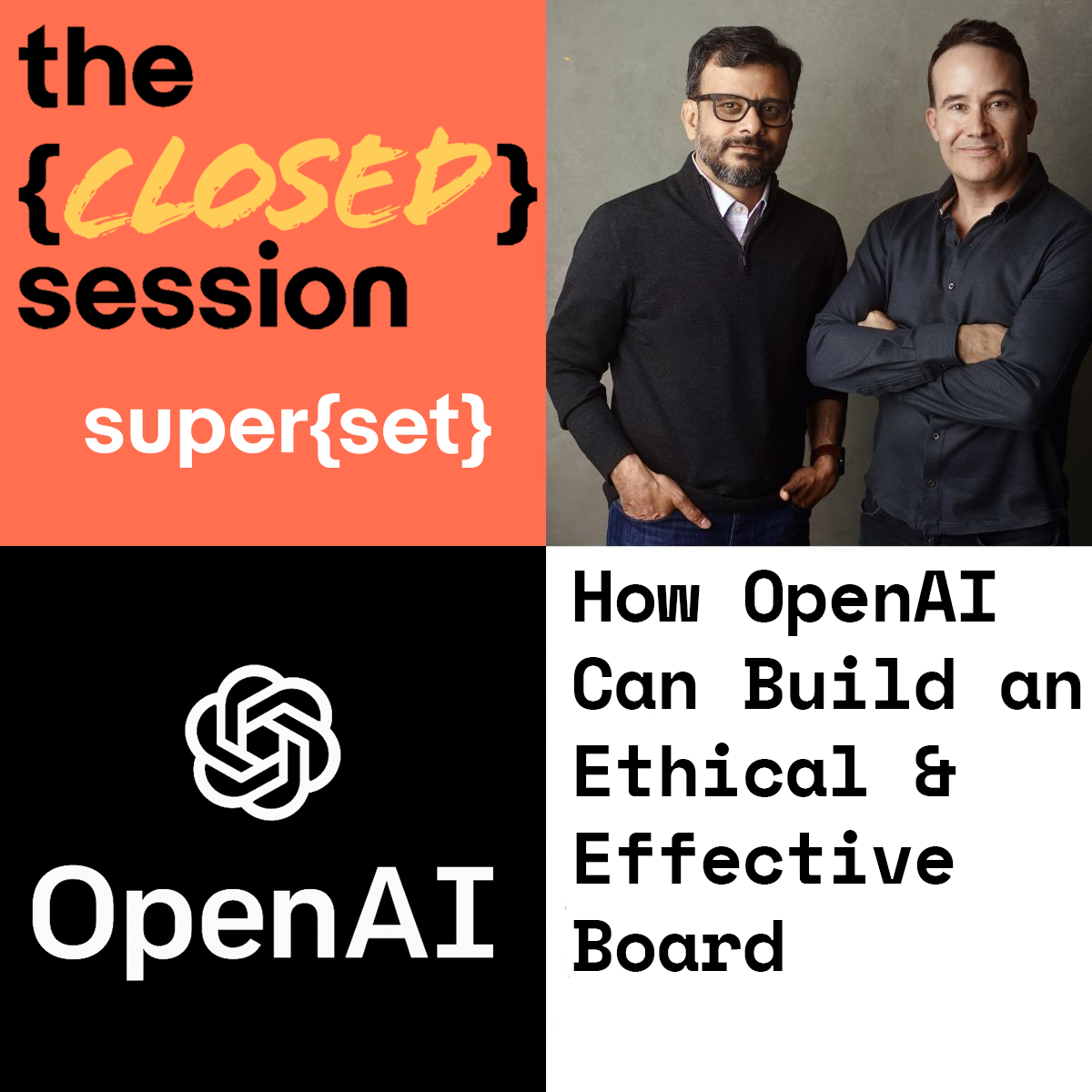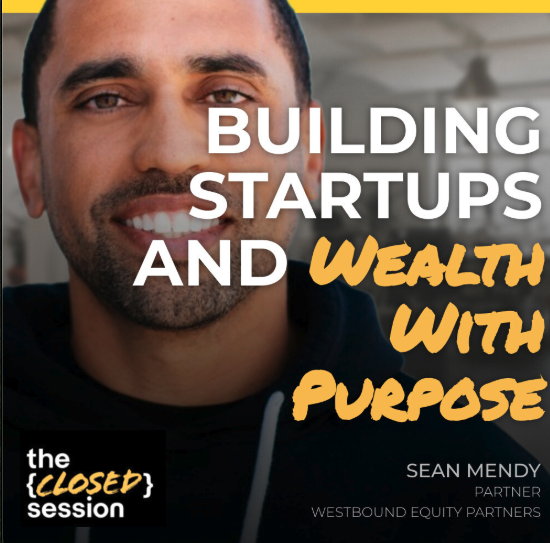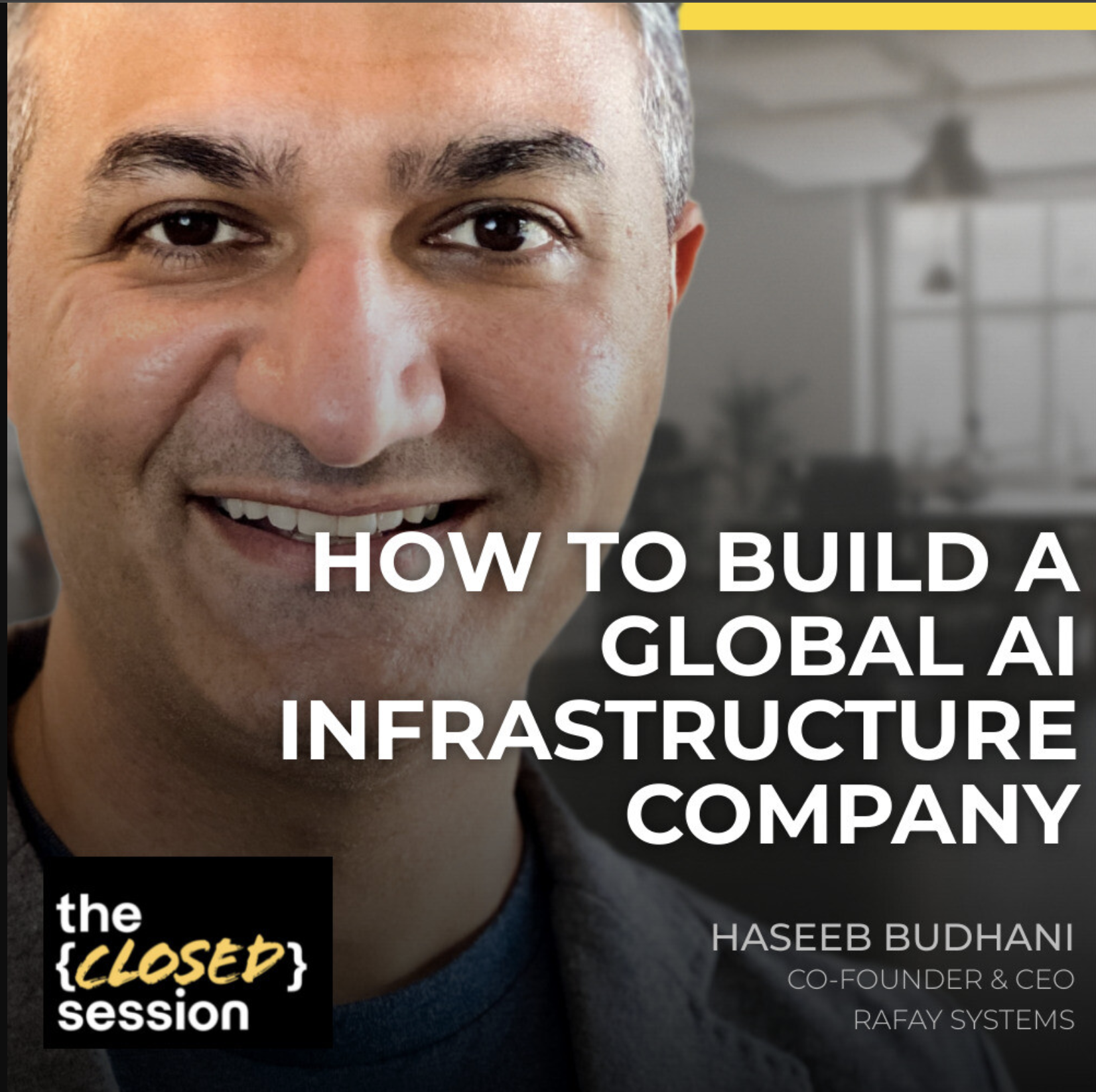
How OpenAI Can Build an Ethical and Effective Board
Why was Sam Altman abruptly dismissed - only to be brought back again? What role did board member Helen Toner and the responsible AI community play in the firings? Who is on deck next as the newest members of the board - and who else should OpenAI consider bringing? What choices face Sam Altman - and key partner at Microsoft Satya Nadella - and what should these leaders do next? Finally, what can the AI and startup communities learn from how it all went down?
Tom Chavez and Vivek Vaidya give us their timely takes on what happened at OpenAI. With incisive commentary and expert insights, they explore the events leading to Altman's sacking and the broader implications for AI governance. Note this episode was recorded on November 27th, 2023, and published on December 1st, 2023, so it may not reflect the most current developments at OpenAI.
Read Tom Chavez’s op-ed in Tech Crunch on the need for an interdisciplinary approach to AI alignment: https://www.superset.com/feed/tom-chavez-in-tech-crunch-answering-ais-biggest-questions-requires-an-interdisciplinary-approach
Listen to more episodes at www.theclosedsession.com
Tech, startups & the big picture
Subscribe for sharp takes on innovation, markets, and the forces shaping our future.
More Episodes
Explore additional conversations with entrepreneurs, investors, and leaders shaping the future of tech and business.




